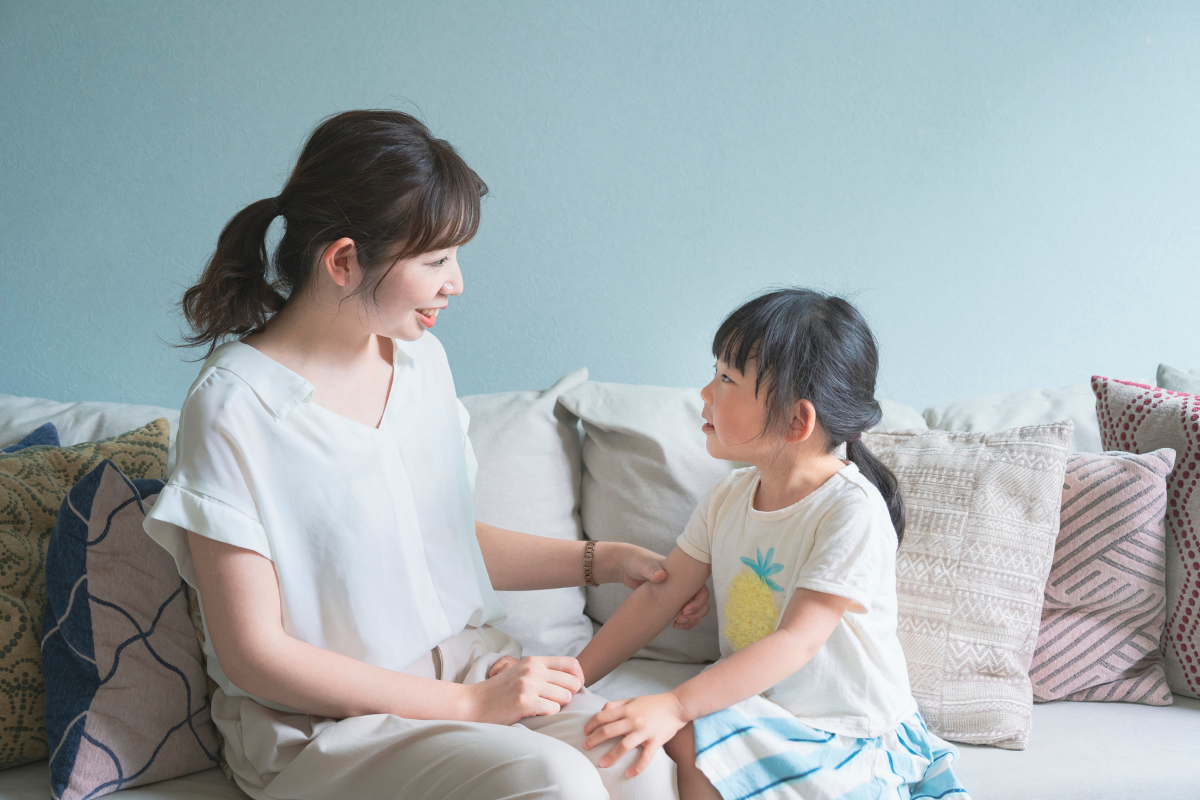Building vocabulary is crucial for helping children understand the words they are reading and make sense of the text. Learning new words begins when children are just young babies and continues throughout life. Together, along with a formal education, parents’ involvement in developing a child’s vocabulary is critical. As much as 95% of the words a child knows and utlizes in daily speech is also found in the parents’ vocabulary. Additionally, research shows that when parents get involved in their child’s learning, kids become more motivated and make greater academic gains. But, not to worry! Vocabulary development can easily become part of your daily routine through reading, talking and playing together! Here are a few ideas to get you started.
Make Words Come Alive
Introduce your kids to new nouns by showing them a picture of the word in real life or online. If your child is studying adjectives in class, think of other things that can be described using a particular adjective. For example, see how many things can be described with adjectives such as “fluffy”, “shiny”, or “scary”. Kids love acting out new words as well. If your child is learning about emotion words, show an emotion with a facial expression and have your child guess the emotion your are expressing. Then switch roles!
Sketch-a-Word
As a teacher, when I introduce my students to new vocabulary words, I present them with a kid-friendly definition for the word and provide examples of how the word is used in real-life situations. I then show my students how to quickly sketch a picture of a situation that represents the word. It is amazing how their illustrations help them remember the meanings of new words!
Encourage the Curiosity
Let your kids know that it is okay to ask for the meaning of an unfamiliar word. In class, kids are often afraid to ask questions about the meaning of an unknown word for fear of being ridiculed for not knowing. Home is their safe place. Take time to explain the meaning of a new word. Show interest and enthusiasm in your child’s query and investigate the meaning of the word together.
Remember, building vocabulary is critical to your child’s literacy development. Help give your child a head’s up by trying out one or more of the vocabulary strategies above!




